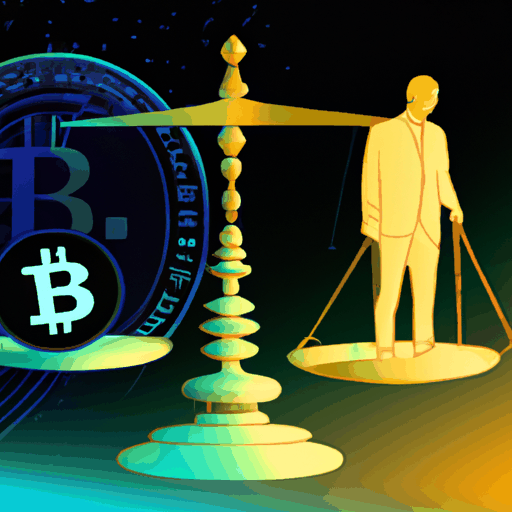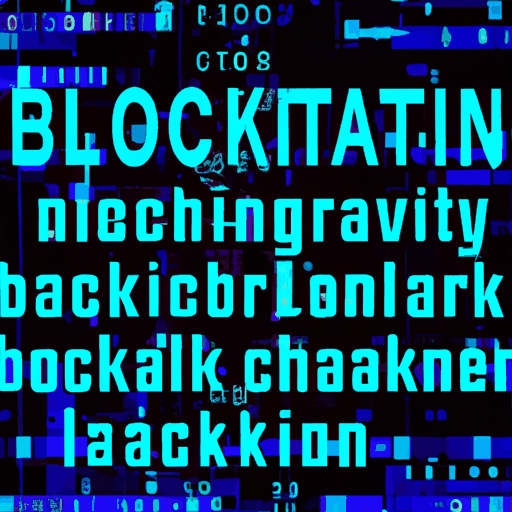
Roman Storm Convicted of Money Transmitting Charge Amid Jury Deadlock
By: Isha Das
In a prominent case that highlights ongoing debates over developer liability in the cryptocurrency realm, Roman Storm, co-founder of Tornado Cash, was convicted by a federal jury in Manhattan for conspiracy to operate an unlicensed money transmitting business. The jury, however, remained deadlocked on counts related to conspiracy to commit money laundering and evading sanctions, sending ripples through the crypto community and raising questions about legal boundaries for developers.
Storm was arrested in 2023 and faced accusations that his Ethereum-based privacy protocol Tornado Cash was instrumental in laundering over $1 billion, allegedly including funds channelled by the North Korea-backed Lazarus Group. Despite facing up to five years in prison on the money transmitting charge, Storm’s defense highlighted that he adhered to bond conditions strictly, showcasing his commitment to contest the verdict. Interestingly, this verdict came about after Judge Katherine Polk Failla allowed for partial verdicts, acknowledging the jury’s deadlock, a strategic move intending to advance the judicial process and prevent an indefinite delay.
The case has sparked considerable debate within the cryptocurrency domain, attracting criticism regarding the US Department of Justice’s approach to prosecuting developers merely for creating code that external parties use in potentially illicit activities. Notably, individuals like Ethereum co-founder Vitalik Buterin and organizations such as the DeFi Education Fund have voiced their concerns about the potential precedent this case sets. They argue that punishing developers for open-source applications could deter innovation and pose risks to software development at large.
Meanwhile, industry observers are watching closely as Storm prepares to file an appeal against the ruling. Concerns are mounting that the decision could lead to increased scrutiny and potential legal challenges surrounding the development and use of privacy-oriented cryptographic technologies in the evolving landscape of decentralized finance (DeFi). In light of the mixed outcomes of the trial, the ongoing discourse might shape future legislative and judicial actions towards tech developers contributing to the blockchain space.



